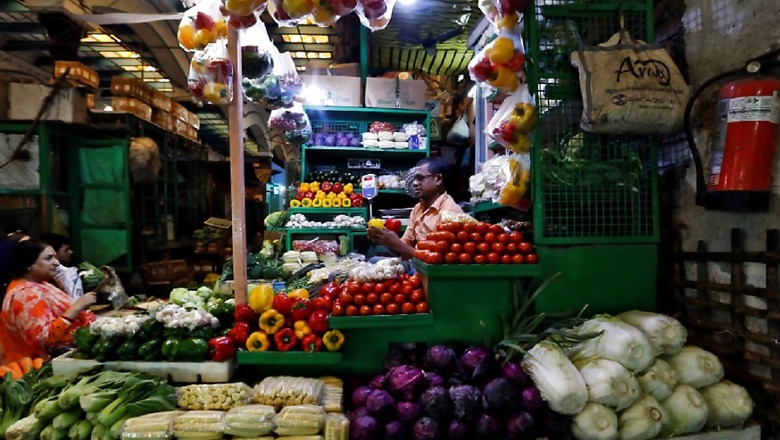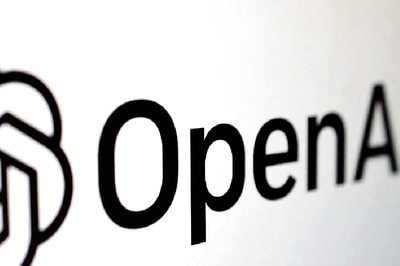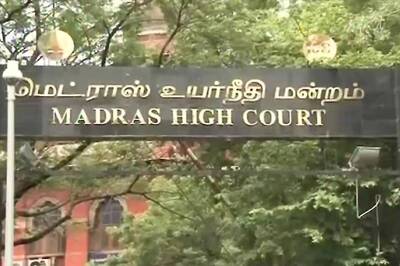
views
The growing threat of stagflation for the Indian economy and persistence of retail inflation above 6 per cent may lead to rise in interest rates, a domestic ratings agency said on Wednesday. The uncertain outlook on inflation in the short term has already led the Monetary Policy Committee (MPC) to hold the interest rates in August and has also diminished the likelihood of any further rate cut in the near term, Acute Ratings and Research said.
The risks of stagflation have increased significantly for the Indian economy which may slow down the effectiveness of monetary and fiscal measures adopted by the central bank and government. Stagflation implies a painful phase of high inflation but low or negative growth which can aggravate the challenges faced by the Indian policymakers, it said in a report.
"In our opinion, immediate steps need to be taken to bring down food inflation, the higher levels of which have already started to spill over to core inflation," it said. India's consumer inflation has increased to 6.93 per cent in July 2020, a bit sharp and unexpected rise of 70 basis points (bps) over that in June.
Since December 2019, the Consumer Price Index (CPI) print has been on an overdrive and has been uncomfortably high over 6 per cent, the upper limit set by the MPC. Even though an unfavourable base effect is also playing an important role in shaping the inflation trendline, food inflation has been the primary driver of the CPI trajectory and has mostly hovered over 8 per cent over the last nine months since October 2019, it said.
The supply and logistical bottlenecks arising from the prolonged and intermittent lockdowns in certain parts of the country have continued to keep food inflation high despite a good agricultural output over the last two seasons, it said. Further, it said persisting high food inflation along with shortage of labour have started to have a rub off effect on prices of non-food products and services or core inflation; which has risen by 50 bps to 5.6 per cent in July from 5.1 per cent in June and 4.1 per cent in July 2019.
Going by the MPC's mandate on inflation targets, RBI may have to cast off its accommodative stance and adopt a tight monetary policy if the inflationary pressures do not subside over the near term, it cautioned. The consequent reversal of lower interest rates will raise capital costs and impact the outlook towards new investments, complicating the growth and the unemployment problem further.
The report suggested that monetary stimulus programmes will have a limited impact in reviving growth in such an environment and targeted fiscal measures need to be considered to pull up private consumption as the pandemic scare eases out over the next few months.




















Comments
0 comment